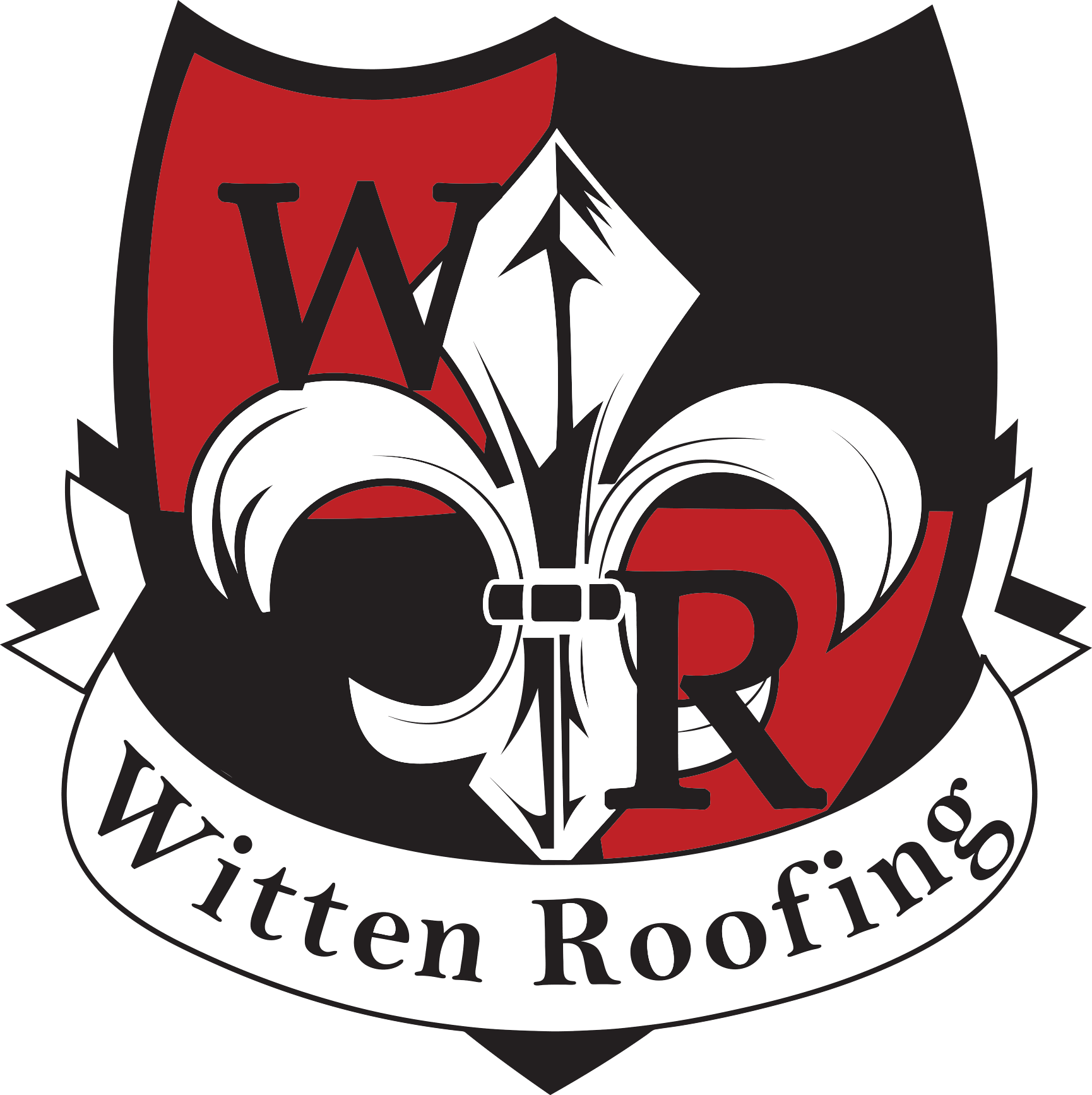When was the last time you had your roof inspected? If you’re like many Baton Rouge homeowners, you probably only think about your roof when a leak appears or shingles start blowing into the yard after a storm. But by then, it’s often too late—small problems have already become expensive repairs.
At Witten Roofing, we’ve seen firsthand how the unique climate of Baton Rouge can wear down roofing systems. From scorching summer heat to humid Gulf moisture and hurricane-force storms, your roof works overtime to protect your home. That’s why regular roof inspections aren’t just a “good idea”—they’re a necessity for every homeowner in Baton Rouge.
The Baton Rouge Climate: A Roof’s Toughest Test
Your roof is constantly exposed to some of the harshest conditions in Louisiana. Here’s what it faces year-round:
- High Heat & Sun Exposure – Summer days regularly climb into the 90s, with intense UV rays that break down shingles, dry out sealants, and warp flashing.
- Heavy Rain & Humidity – Baton Rouge averages over 60 inches of rainfall a year. Combine that with nearly year-round humidity, and you have the perfect recipe for mold, algae, and wood rot.
- Severe Storms & Hurricanes – Strong winds can lift shingles, hail can puncture roofing materials, and wind-driven rain can penetrate even small vulnerabilities.
- Seasonal Debris – Pine needles, leaves, and moss trap moisture on your roof and clog gutters, leading to water damage.
A professional inspection ensures your roof is prepared for these challenges before small issues turn into major problems.
How Often Should Baton Rouge Homeowners Get Roof Inspections?
Industry experts recommend at least one roof inspection per year, but in Baton Rouge, we advise two inspections annually:
- Spring Inspection – To assess damage from winter storms and prepare for hurricane season.
- Fall Inspection – To ensure the roof is ready for cooler months and to check for summer storm wear.
In addition, schedule an inspection immediately after any major storm with high winds, hail, or flying debris. Even if your roof looks fine from the ground, hidden damage can compromise its integrity.
What Happens During a Roof Inspection?
At Witten Roofing, our inspections are thorough and detailed. Here’s what we look for:
- Shingles or Roofing Material – Missing, curled, cracked, or loose shingles; hail damage; granule loss.
- Flashing & Seals – The metal or material around chimneys, vents, and skylights—common leak points.
- Gutters & Downspouts – Blockages, sagging, or leaks that prevent proper water drainage.
- Roof Decking & Structure – Signs of sagging, moisture damage, or weakness.
- Ventilation – Proper airflow in the attic to prevent heat and moisture buildup.
- Interior Signs – Stains on ceilings, damp insulation, or visible leaks inside your home.
After the inspection, we provide homeowners with a full report including photos, notes, and recommendations. This not only helps with maintenance planning but also serves as valuable documentation for insurance purposes if storm damage occurs.
The Benefits of Regular Roof Inspections
1. Catch Small Problems Early
Tiny cracks in flashing or a few missing shingles can turn into major leaks. Regular inspections catch these issues while repairs are still simple and inexpensive.
2. Extend Roof Lifespan
A roof replacement is a major investment. Annual maintenance and timely repairs can add years to the life of your current roof.
3. Save Money Long-Term
Fixing a minor issue now is far cheaper than repairing structural water damage later. Inspections are one of the most cost-effective ways to protect your home.
4. Peace of Mind During Storm Season
Living in Baton Rouge means hurricanes are always a concern. Regular inspections ensure your roof is strong, sealed, and storm-ready.
5. Simplify Insurance Claims
If your roof is damaged by a storm, having inspection reports on file makes it much easier to prove the damage is new and not pre-existing.
DIY vs. Professional Inspections
Some homeowners think they can climb a ladder and check their roof themselves. While you might spot missing shingles, most damage is subtle and hard to detect without training.
Professional roofers like Witten Roofing have the tools, experience, and safety equipment to inspect thoroughly. Plus, we know what insurance companies look for, so our reports are detailed and professional.
Baton Rouge Neighborhoods We Serve
We proudly provide roofing inspections and services throughout the Baton Rouge area, including:
- Mid City – Older homes with aging roofs often need regular checkups.
- Southdowns & Garden District – Historic homes that require careful attention to detail.
- Shenandoah & Broadmoor – Family neighborhoods where storm prep and maintenance are key.
- Downtown Baton Rouge – Commercial buildings and mixed-use properties.
- LSU Area – Rental properties and student housing that need dependable upkeep.
Wherever you are in Baton Rouge, Witten Roofing is your trusted local roofing partner.
Schedule Your Free Roof Inspection in Baton Rouge
Your roof is too important to leave to chance. Don’t wait for leaks, mold, or storm damage to show up—stay ahead of problems with regular professional inspections.
Schedule your free roof inspection online in Baton Rouge.
We’ll give you peace of mind knowing your home is protected, season after season.
FAQ: Baton Rouge Roof Inspections
Q1: How much does a roof inspection cost in Baton Rouge?
With Witten Roofing, inspections are free for Baton Rouge homeowners.
Q2: How long does a roof inspection take?
Most inspections take 30–60 minutes, depending on roof size and condition.
Q3: What if you find damage during the inspection?
We’ll provide photos, a written report, and repair options. If insurance applies, we’ll help you with documentation.
Q4: Do inspections include checking the attic?
Yes. We check attic ventilation, insulation, and look for water stains or leaks that indicate roof issues.
Q5: Can a roof inspection extend my roof’s lifespan?
Absolutely. Preventative maintenance can add 5–10 years to your roof’s life.
Q6: Should I inspect my roof after every storm?
Not every small storm—but after any major storm with high winds, hail, or debris, we recommend scheduling an inspection.




